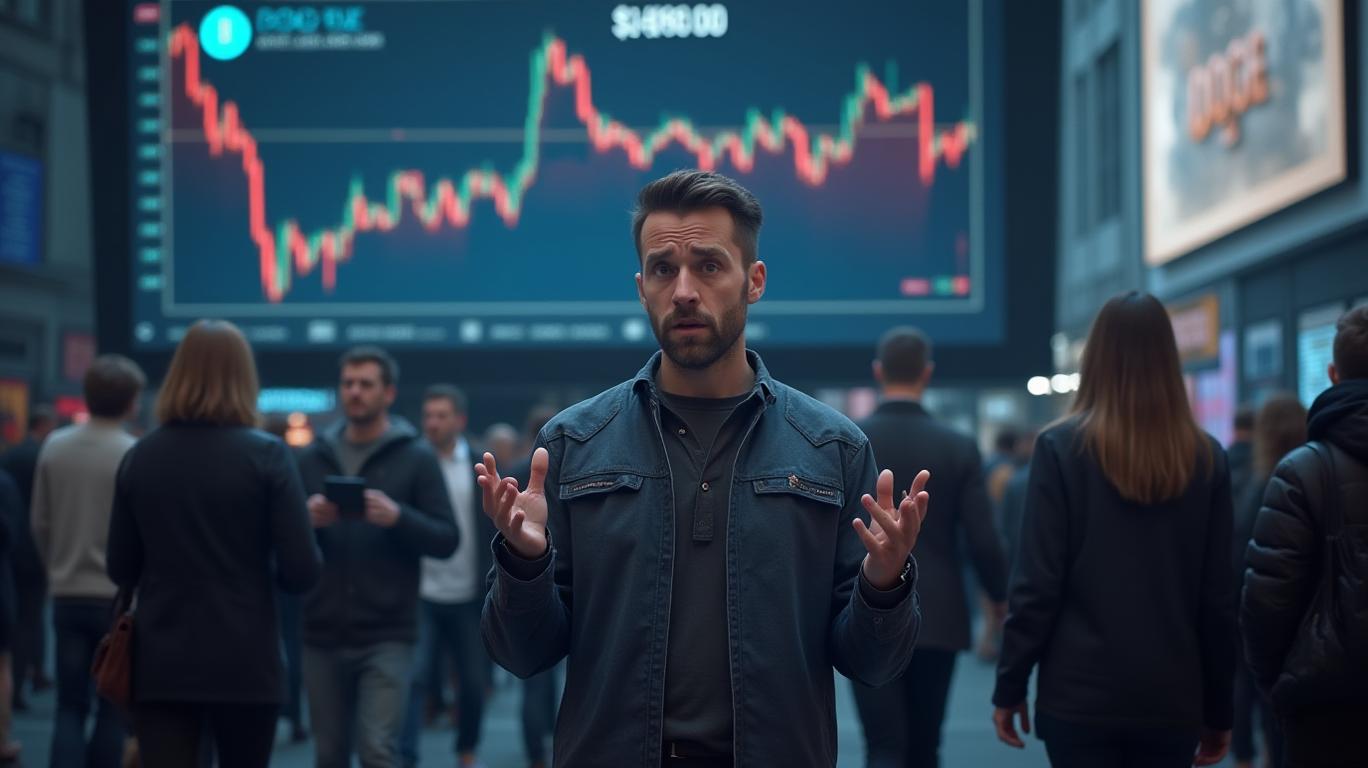Danny Moses Warns of Economic Instability from DOGE's $115 Billion Spending Cuts
Danny Moses, the investor who accurately predicted the 2008 financial crisis, has raised alarms about the economic consequences of the Department of Government Efficiency's (DOGE) extensive spending reductions. Moses believes that the market is not fully appreciating the potential fallout from these cuts, which could result in significant economic instability.
Moses, known for his role in foreseeing the 2008 financial crisis, has a history of accurately assessing complex financial situations. His apprehensions about DOGE's spending cuts stem from the belief that these cuts are being implemented too swiftly and too deeply, potentially causing more damage than benefit. DOGE has asserted that it has reduced federal spending by $115 billion, but Moses contends that such drastic actions could have severe repercussions throughout the economy.
The cuts are anticipated to affect several critical areas, including private contractors, federal workers, and small businesses. The government is a substantial part of the economy, spending billions on contracts and employing millions of people. When a significant portion of this spending is suddenly removed, it creates shockwaves that can disrupt various sectors. Private contractors, for example, heavily rely on government contracts for revenue. If these contracts are cut, businesses may face layoffs and even closure. Federal workers, who contribute to the economy through their spending and employment, are also at risk. Over 24,000 federal workers have been fired, and another 75,000 have taken deferred resignation, leaving many specialized workers unemployed. Small businesses, which are the backbone of the economy, are also vulnerable. They often rely on government spending, either directly through contracts or indirectly through the economic ecosystem supported by government jobs and programs. If government cuts lead to less consumer spending and business investment, small businesses are likely to feel the impact first.
Moses also points out the potential for an "unvirtuous cycle" where cuts lead to job losses and business struggles, which then reduces consumer spending, leading to more economic problems. Consumer confidence, which already took a significant hit recently, is a critical factor. Consumer spending makes up about 70% of the U.S. economy, and if people are worried about the economy and their jobs, they are likely to spend less. This reduction in spending can slow down the economy, creating a negative feedback loop that is hard to break.
Another factor to consider is the labor market. While some sectors, like healthcare, are still hiring, other areas, especially tech and data science, are seeing fewer openings. Many of the laid-off federal workers are educated and experienced, but they might be looking for jobs in sectors that are currently weak. Additionally, economic data often lags behind reality. The full impact of these cuts might not show up in the numbers for a while, which could lead to the market underestimating the problem.
Despite these concerns, the market has not yet reacted strongly to the potential impact of DOGE's spending cuts. This could be due to optimism bias, where investors hope that these cuts will be good in the long run, reducing the deficit and boosting efficiency. It could also be due to delayed data, where the full impact of these cuts might not show up in the numbers for a while. Additionally, the market is always juggling many concerns, from interest rates to global events, and investors might be too focused on these other factors to fully grasp the potential impact of the spending cuts.
For everyday individuals, this could mean a weaker job market, especially if they work in or around industries that rely on government contracts. It could also mean slower economic growth overall and more uncertainty and volatility in the stock market. While it is not time to panic, it is wise to be aware of the potential economic turbulence ahead. Keeping an eye on economic news, especially reports on consumer confidence, job numbers, and small business health, is advisable. Consider taking a more cautious approach with investments for a while, as the market may be underestimating the economic impact of DOGE's mass spending cuts.

Quickly understand the history and background of various well-known coins
Latest Articles
Stay ahead of the market.
Get curated U.S. market news, insights and key dates delivered to your inbox.



Comments
No comments yet